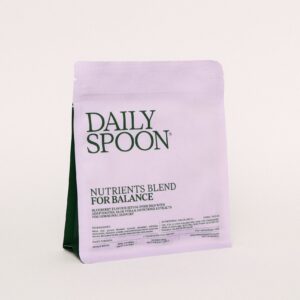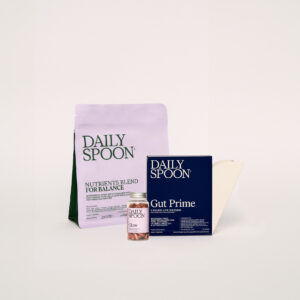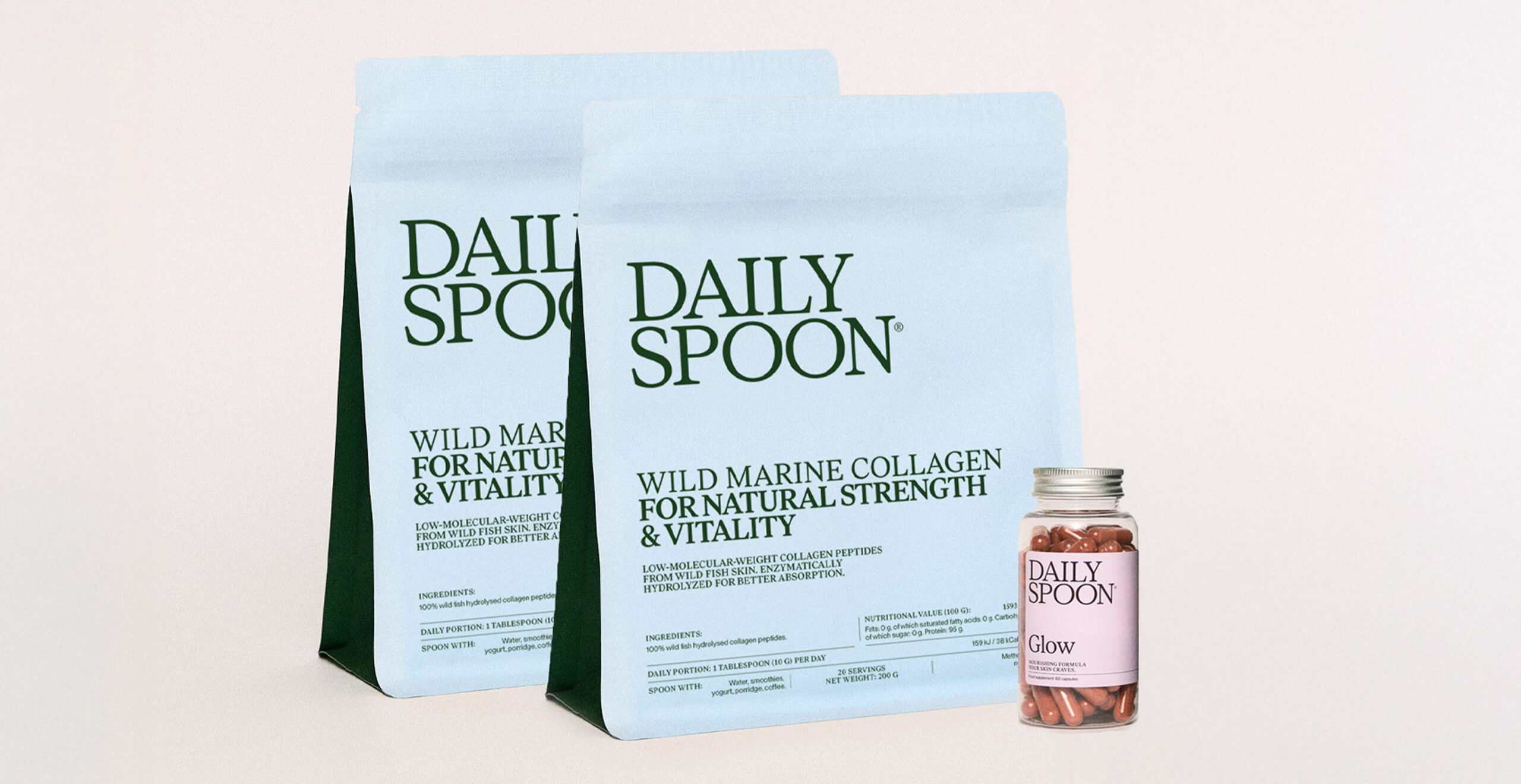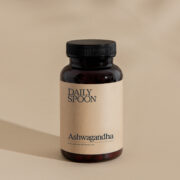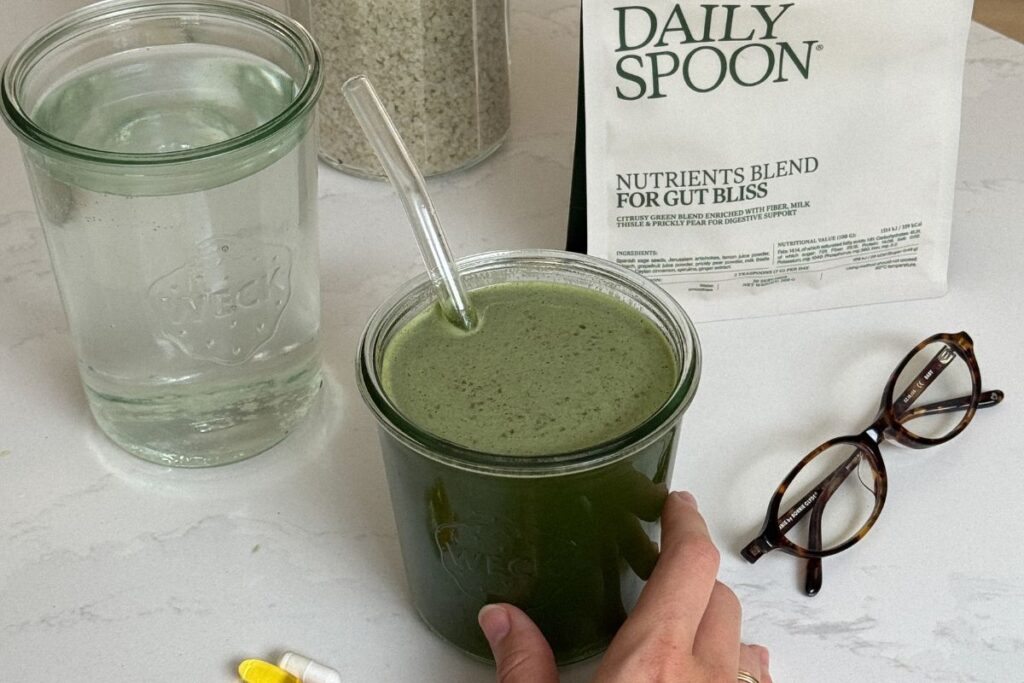Stress and anxiety are common issues in everyday life that can significantly impact overall well-being. While there is no universal solution for reducing stress and anxiety, certain foods and lifestyle changes can help ease the symptoms and improve overall mental health.
Dietary Changes
One of the most effective ways to combat stress and anxiety is through proper nutrition. A balanced diet rich in vitamins and minerals can support the body’s natural ability to cope with stress. Some of the best stress-reducing foods include:
- Berries, such as blueberries, strawberries, and raspberries, are rich in antioxidants that can help reduce inflammation and improve overall mental health.
- Fish, like salmon and tuna, are high in omega-3 fatty acids, which may help reduce inflammation and boost brain function.
- Nuts and seeds, such as almonds, walnuts, and flaxseeds, contain healthy fats and minerals that can help improve mood and reduce symptoms of stress and anxiety.
- Leafy greens, such as spinach and kale, are rich in vitamins and minerals that help support overall health and well-being. If it’s hard to include these greens in your diet, try Daily Spoon spinach powder – it’s easier to consume and has a long shelf life.
- Turmeric is another food that may help reduce stress and anxiety. It contains an active compound called curcumin, which has anti-inflammatory and antioxidant properties. Curcumin can help improve overall brain health and reduce symptoms of stress and anxiety.
- Fermented foods are also a great choice to help lower stress and anxiety. Foods like yogurt, kimchi, and sauerkraut contain probiotics that can improve gut health and, in turn, enhance overall mental health.
- Finally, dark chocolate can also help reduce stress and anxiety. Dark chocolate contains flavonoids—antioxidants that may improve overall brain health. Moderate consumption of dark chocolate can help lower stress and anxiety levels.
- Another food that may help reduce stress and anxiety is chamomile tea. Chamomile tea is a natural calming remedy that can help relax the body and reduce symptoms of stress and anxiety. It contains apigenin, a flavonoid that binds to benzodiazepine receptors in the brain, promoting a calming effect. Drinking chamomile tea before bed may improve sleep quality, which is very important for managing stress and anxiety.
- Ginger is another food that can help reduce stress and anxiety. It has been shown to have anti-inflammatory and antioxidant properties. Ginger may help reduce inflammation in the body, which can support overall brain health and reduce symptoms of stress and anxiety. Ginger can be consumed in various forms, such as ginger tea, ginger supplements, or ginger powder added to food.
- Finally, staying hydrated is very important when managing stress and anxiety. Drinking enough water throughout the day can improve overall brain function, reduce inflammation, and boost mood.
Lifestyle Changes
In addition to incorporating these foods into your diet, there are other lifestyle changes that can improve overall mental health and reduce stress and anxiety. Some of these changes include:
- Regular exercise. It has been proven that regular exercise improves overall mental health, reduces symptoms of stress and anxiety, and boosts mood.
- Getting enough sleep is very important for overall health and well-being and can help reduce symptoms of stress and anxiety.
- Stress management. Practices such as meditation, deep breathing, yoga, or other stress management techniques can help alleviate unpleasant symptoms and improve overall mental health.
- Social support: It’s important to surround yourself with supportive friends and family who provide a sense of comfort. This can help reduce symptoms of stress and anxiety and improve overall mental health.
Supplements That May Help
In addition, stress and anxiety can also be caused by nutrient deficiencies. It’s important to ensure you get enough essential vitamins and minerals through your diet, such as vitamin D and magnesium. These nutrients are vital for overall health and well-being and can help reduce symptoms of stress and anxiety. There are also many natural supplements, vitamins, and minerals that may help alleviate stress and anxiety symptoms. For example:
- Magnesium is a mineral essential for overall health and well-being and can help reduce symptoms of stress and anxiety. Including more magnesium-rich foods in your diet can also help lower stress and anxiety. Foods high in magnesium include spinach, avocados, and dark chocolate.
- B-complex vitamins: this group of vitamins may help improve mood and reduce symptoms of stress and anxiety.
- Ashwagandha: an adaptogenic herb that can help reduce symptoms of stress and anxiety and improve overall mental health.
- Valerian root: a natural sleep aid that may help improve sleep quality and reduce symptoms of stress and anxiety.
When talking about dietary changes that may help reduce stress and anxiety, it’s worth considering a few options. One popular choice is adaptogenic herbs, which can help improve the body’s ability to adapt to stress. Some of the most commonly known adaptogens are ashwagandha, rhodiola, and holy basil (Tulsi). These herbs can be taken as supplements, teas, or even added to food.
Another option is to consume foods high in tryptophan—an amino acid essential for producing serotonin, a neurotransmitter important for mood regulation. Foods rich in tryptophan include turkey, chicken, eggs, and nuts such as almonds and walnuts.
Other Stress Management Methods
Another important aspect of managing stress and anxiety is controlling your stress levels. This can be done using various methods such as time management, setting boundaries, and learning to say “no” when necessary. It’s also crucial to prioritize self-care and make time for yourself. This can include activities like reading, meditation, or taking a walk. These activities can help reduce stress and anxiety levels and improve overall mental health.
Understanding Our Body
Another important aspect of managing stress and anxiety is understanding the role of the gut-brain axis. The gut-brain axis is the connection between the gut and the brain, which plays a crucial role in overall mental health. Consuming probiotics and fermented foods can help improve gut health, which in turn can lead to better overall mental well-being.
Seek Professional Help
Finally, if you notice that stress and anxiety are affecting your daily life, it is recommended to consider seeking professional help. A mental health specialist can provide a personalized stress and anxiety management plan that may include various therapeutic methods such as cognitive-behavioral therapy, relaxation techniques, and emotional regulation exercises. Additionally, a specialist can offer advice on lifestyle changes that may help reduce stress and anxiety levels, such as increasing physical activity, improving nutrition and sleep, and dedicating time to hobbies. A combination of therapy and lifestyle changes can be effective in managing stress and anxiety, so if you find that stress and anxiety are negatively impacting your life, it’s worth considering professional support.
In summary, stress and anxiety are common mental health issues that can significantly impact overall well-being. Incorporating stress-reducing foods into your diet, making lifestyle changes, using natural supplements, managing stress levels, understanding the gut-brain axis, ensuring adequate nutrient intake, and seeking professional help can all help alleviate symptoms of stress and anxiety and improve overall mental health. There are many foods that may help reduce stress and anxiety, such as adaptogenic herbs, tryptophan-rich foods, turmeric, fermented foods, dark chocolate, chamomile tea, magnesium-rich foods, and ginger — all excellent choices.
Don’t forget to stay well hydrated by drinking enough water throughout the day. However, it’s important to remember that everyone’s experience with stress and anxiety is different, so it’s essential to find what works best for you and consult a healthcare professional if you have any concerns. Additionally, these foods should be consumed as part of a balanced diet and not relied upon as the sole treatment.





